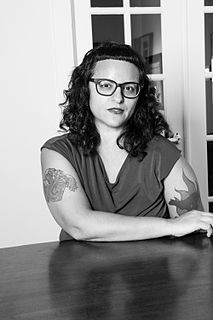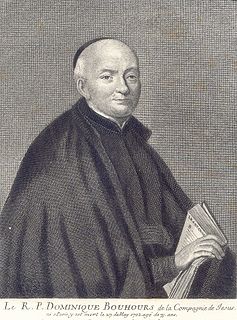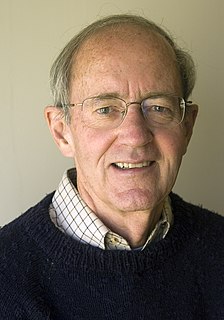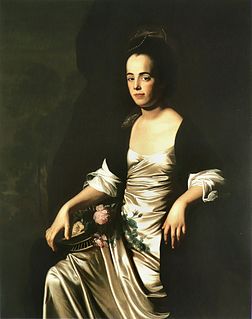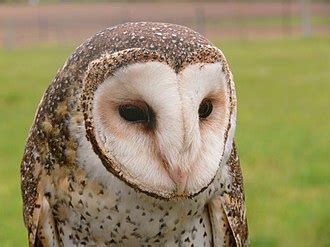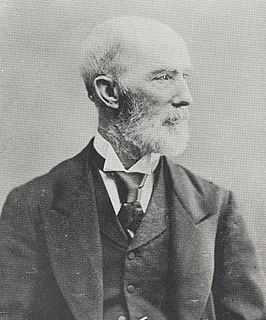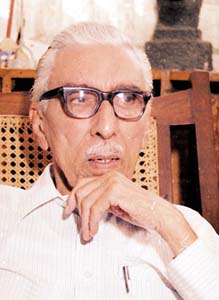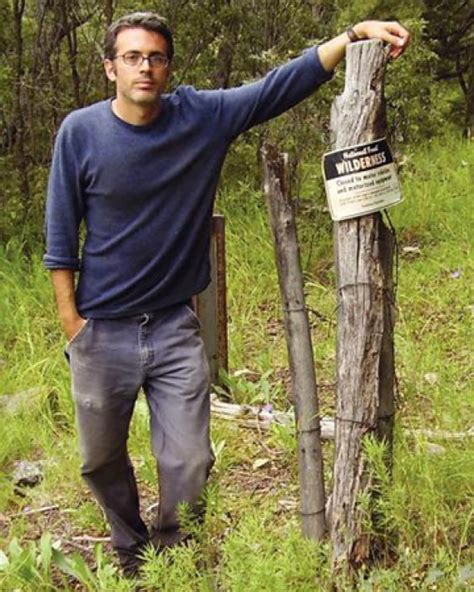A Quote by Wendy C. Ortiz
I'd like to imagine that "dreamoir" becomes a subgenre of nonfiction, maybe ultimately because I'd love to read many more dreamoirs by other writers - poets and memoirists especially.
Quote Topics
Related Quotes
I tend to like the way poets form communities. Writing can be lonely after all. Modern life can be lonely. Poets do seem to be more social than fiction writers. This could be because of poetry's roots in the oral tradition - poetry is read aloud and even performed. I'm just speculating, of course. At any rate, because poets form these groups, they learn from one another. That is one of the best things about being a poet.
Poets seem to write more easily about love than prose writers. For a start, they own that flexible ‘I’…. Then again, poets seem able to turn bad love – selfish, shitty love – into good love poetry. Prose writers lack this power of admirable, dishonest transformation. We can only turn bad love into prose about bad love. So we are envious (and slightly distrustful) when poets talk to us of love.
Writers imagine that they cull stories from the world. I'm beginning to believe that vanity makes them think so. That it's actually the other way around. Stories cull writers from the world. Stories reveal themselves to us. The public narrative, the private narrative - they colonize us. They commission us. They insist on being told. Fiction and nonfiction are only different techniques of story telling. For reasons that I don't fully understand, fiction dances out of me, and nonfiction is wrenched out by the aching, broken world I wake up to every morning.
If the United States haven't grown poets, on any scale of grandeur, it is certain that they import, print, and read more poetry than any equal number of people elsewhere -- probably more than the rest of the world combined. Poetry (like a grand personality) is a growth of many generations -- many rare combinations. To have great poets, there must be great audiences too.
Memoirists, unlike fiction writers, do not really want to 'tell a story.' They want to tell it all - the all of personal experience, of consciousness itself. That includes a story, but also the whole expanding universe of sensation and thought ... Memoirists wish to tell their mind. Not their story.
Fiction is more dangerous than nonfiction because it can seduce better. I think we all know this, know that deeper truths can be approached in fiction than in fact. There are risks for the reader, because after reading certain books you find you have changed irreversibly. There are risks for writers: in China, now, and Ethiopia and other countries right now, writers face real persecution.
